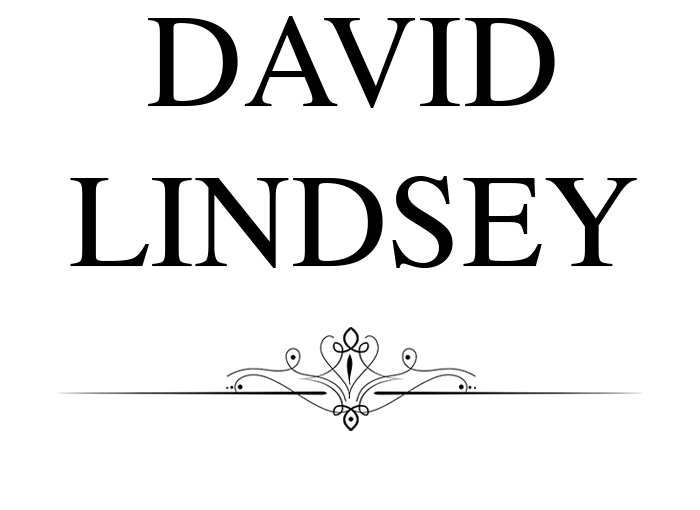Years ago, in the spring of 1989, I was reading a new book I’d just bought by one of my favorite historians, Peter Brown, Rollins Professor of History Emeritus at Princeton University, and scholar of Late Antiquity. I was reading, The Body and Society, Men, Women, and Sexual Renunciation in Early Christianity, and I’d just begun the book, still in the introduction, when I came upon the following lines:
“After all, what would be the value of the passion for knowledge if it resulted only in a certain knowingness . . . and not, in one way or another, . . . in the knower’s straying afield from himself? There are times in life when the question of knowing if one can think differently than one thinks, and perceive differently than one sees, is absolutely necessary if one is to go on thinking and reflecting at all.”
The quotation is from the philosopher and historian of ideas, Michel Foucault, whose writings and theories addressed, in part, the relationship between power and knowledge.
At that time in 1989 I’d just finished my novel, Mercy, which would come out the next year, and I was taking a breather from work, catching up on neglected reading which always piles up when I’m in the middle of writing a book. The entire quotation leaped off the page. I underlined it. I put an asterisk by it. And I wrote it in my journal.
Over the years, I’ve come back to it again and again. I use it to question and re-examine my prejudices. To question the way I think about everything, and as I get older, to wonder if I am still capable of “thinking differently than I think”. This is important to me, because I’ve often wished others did, and if I wish it for them, I can not avoid wanting it for myself as well.
In our present era of polarization in politics and culture, when all of us seem to be gnashing out at each other from our lairs of dark and selfish prejudices, wouldn’t it be valuable for us to learn to think differently than we do, to perceive differently than we see? Wouldn’t it be valuable for us to TRY, at least?

